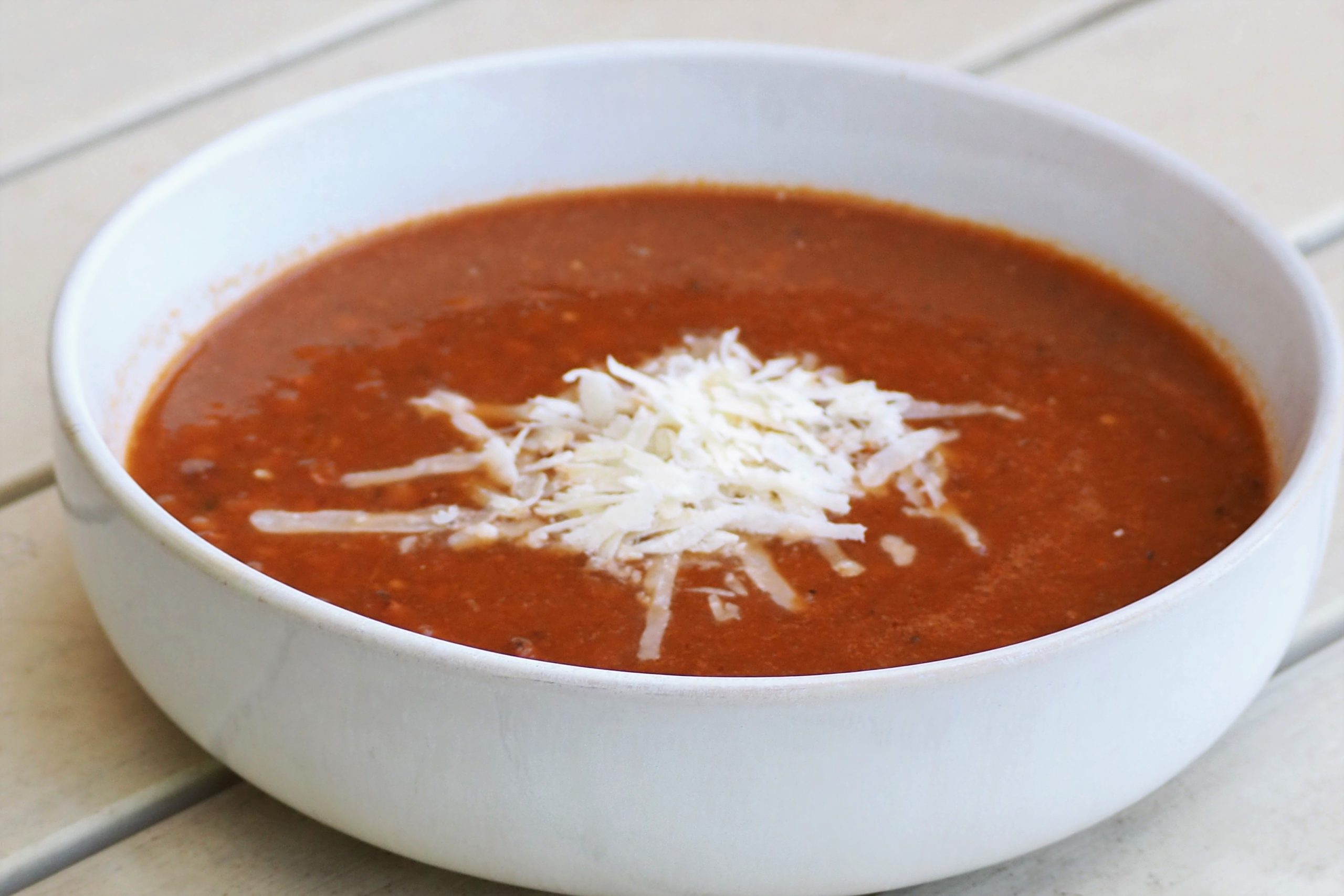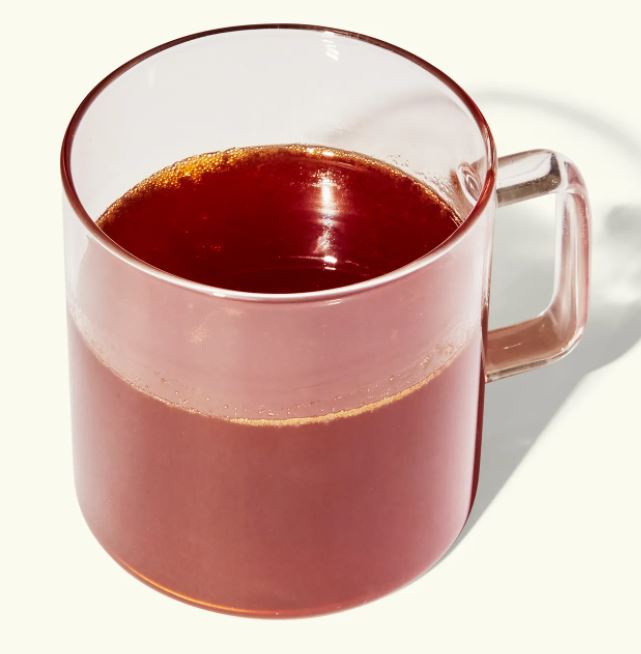It is always important to consume enough water so that you strike the balance between dehydration and over-hydratation. Taking in too much water can cause hyponatremia, a life-threatening drop in your sodium levels. Smaller, less active women are at a higher risk of taking in too much water.
We all know that water and liquids or fluids are vital to health and your cells need water to function. During treatment, taking in enough fluid is also important to help flush out the drugs from the system once they have finished working. Being slightly dehydrated – by as little as one to two percent – can affect how you feel and function. Studies indicate that if someone is dehydrated by two percent or more, they do not perform as well as if they were hydrated. This is key if you are losing fluids due to vomiting or diarrhoea.
How much water to drink
In general, it is recommended that you consume around 6-8 glasses of fluid a day. This should include water, although other fluids such as tea, coffee, juices and cordials all contribute. If you are having chemotherapy, you are advised to try to take in two litres a day, although this can be difficult and contribute to waking during the night, which is not helpful if fatigue is a problem. It is certainly better to try to take more of this fluid earlier in the day.
Another way to gauge whether you have taken in enough fluid is to observe the colour of your urine. Some drugs and vitamins may affect the colour, but you should be aiming for pale yellow to straw. Dark coloured urine can be an indication of dehydration. Some sport nutritionists have put together a clever Iphone app called Ipee Daily. This app provides a Dulux type colour chart to track the colour of your urine!
Finally, if you are unable to keep fluids down or are experiencing extreme diarrhoea, contact your clinic immediately.




